Posted on 12/23/2022
.jpeg)
Windshield washer fluid is formulated with solvent, detergent, and antifreeze ingredients to get rid of dirt and insects. When a pump and windshield wipers are used, washer fluid can be sprayed over the windshield whether the car is moving or not. All washer fluids, which come in a variety of formulae, contain some sort of antifreeze agent, such methylated spirits, to keep the fluid from freezing in the reservoir, pump, and tubing in colder areas. Different types of detergents are used in washing fluid; some formulae are marketed as "Bug and Tar Remover," "Deicer," or "All-Season." While some washer fluids are meant to be used at full strength, others are offered in powder form and must be combined by the consumer, while yet others are intended to be diluted with water. Since tap water frequently contains minerals that might clog washer jets and create deposits on glass, adding water should only be done with distilled water. Water Compared to Wash ... read more
Posted on 11/30/2022
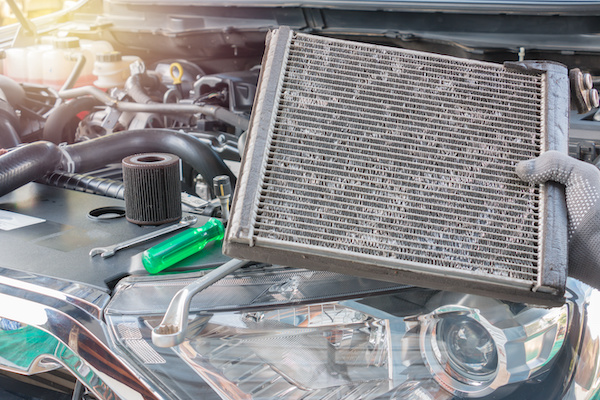
The functionality of your vehicle’s cooling system is vital in protecting the engine. If any of its parts malfunction, it can cause your engine to overheat and suffer from irreversible damage. One major component of the cooling system is the radiator. What Is a Radiator? A radiator is a component near the engine, and it serves to eliminate engine heat by allowing coolant to pass through its metal fins. This process allows the excess heat to flow out more efficiently. Radiators come in many different shapes, sizes, and designs, but their primary function is the same throughout all vehicles. Why Are Radiators Important? Radiators are essential because it is the main way your engine vents out excess heat during operation. A bad or leaky radiator may cause significant engine damage and cause an inconvenient breakdown. The most common cause of a faulty radiator is physical damage from wear and tear, oxidation, or excessive pressure. How to Protect Radiator and Cooling ... read more
Posted on 10/31/2022

So your car is new and you had your routine maintenance just the other week. It may seem logical to go on a long trip without having your car checked given the circumstance, right? Well, on the contrary. Having a routine inspection of your car is strongly advised to all car owners before going on a long drive. It is crucial to have your car checked before the journey because for a smooth and successful trip, about five components of your car should be in good shape. They include: tires, brakes, air conditioning, fluids, steering and suspension. Tires You want to make sure your tires have zero punctures or any form of damage that may affect their pressure retention. Anticipate a tire blowout during your trip and thus ensure all your worn tires are replaced. Brakes Imagine driving your car over a long distance and suddenly realizing you cannot stop the car? Hazardous right? To enhance your safety and prevent such a dangerous occurrence from occurring, check to ensure your brake pads ... read more
Posted on 9/26/2022
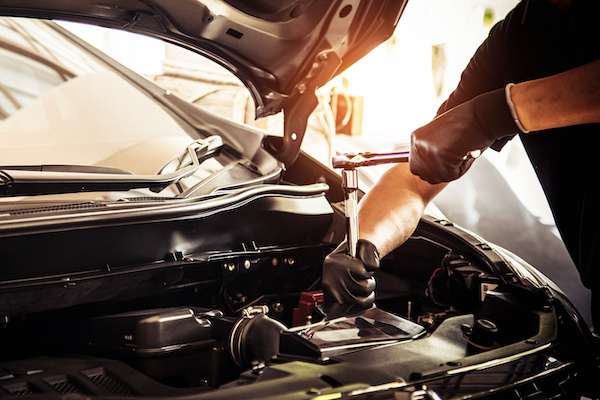
No matter what kind of vehicle you drive, the car requires regular service to maintain efficiency and performance. Automobile manufacturers and mechanics recommend you service your car at least once a year. Some vehicles require their oil change more frequently, so it can be up to a couple times a year. When an individual slacks on their vehicle maintenance, it can come back to haunt them later on. What Happens If You Skip Maintenance? Depending on how long you delay the service, the consequences can be minor to very impactful. For example, waiting an extra 500-100 miles on a major service isn’t a huge deal and won’t leave any lasting damages to your engine. However, skipping services like oil changes can become costly. Here is what you can expect when you neglect your vehicle maintenance. Expensive replacements - Without proper car care, your vehicle components will wear down much quicker than necessary. Depending on the parts, they can cost you hundreds to replac ... read more
Posted on 8/30/2022
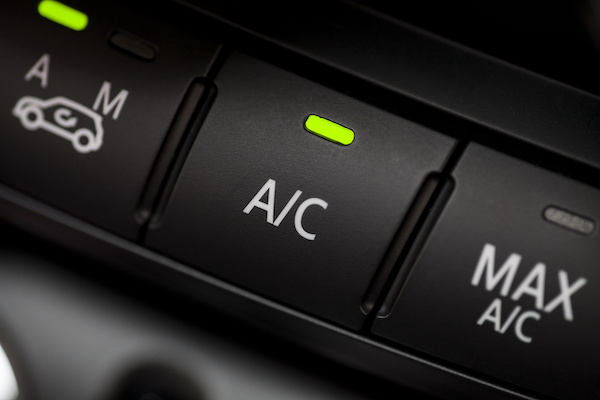
The most frequent vehicle A/C problems manifest themselves in a similar fashion. Ultimately, you usually just end up sweating the entire car ride. Warm air either blows out of your vents instead, or there’s no air blowing at all. If you’re “lucky”, you may be stuck with weak airflow. August is one of the worst times to be stuck with broken A/C, so here is what you need to know about the most common A/C problems in automobiles. Below are some common explanations for broken auto air conditioning: Faulty condenser fan - These fans are kept near the front of your vehicle, and they have dual roles – they help cool down your condenser and play a role in your vehicle’s cooling system. Failing compressor - The compressor is like the heart of your A/C system as it regulates and promotes the flow of refrigerant. If there’s low pressure in the compressor, you may experience an A/C malfunction. Electrical problem - Electrical ... read more
Posted on 7/27/2022

D. Wells will host fundraisers for Gurnee's youth organizations. While we have limited days on which we can host car washes over the summer, we are inviting Gurnee's youth group to submit their contact information. Please provide your information below. We will review the requests and reach out to some organizations to gather additional information and see if we can arrange a fundraising car washing event.
Posted on 7/27/2022
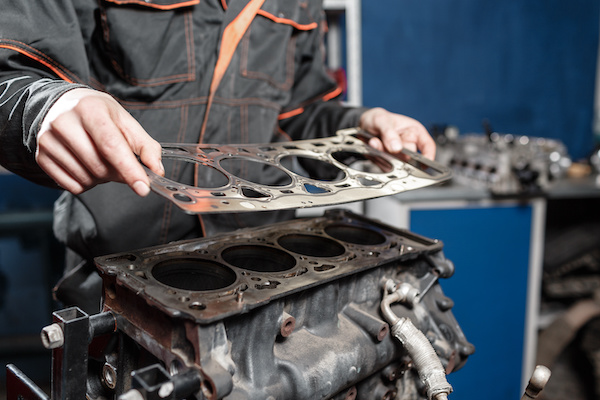
The head gasket can be considered the engine's bodyguard, because it protects the engine from elements. Now that we got that out of the way, what happens if it's destroyed? Is it possible to fix it? Let's see how it can be saved. What is the head gasket? The head gasket sits between the engine block and cylinder heads in an internal combustion engine. It plays a large role to ensure that the engine keeps running. What are the signs that the engine is blown? Vehicle doesn't recover from overheating When the engine overheats, sometimes you just need to let it cool down. This sometimes does the trick. But if the engine is constantly overheating, then your engine may be on its way out. White Exhaust If you see smoke coming out of the exhaust, you should know that your engine may be on its way out. This means that the engine is burning oil, and that is never a good sign. This is something that should be looked at immediately. Coolant leaking without visible signs If ... read more
Posted on 6/27/2022
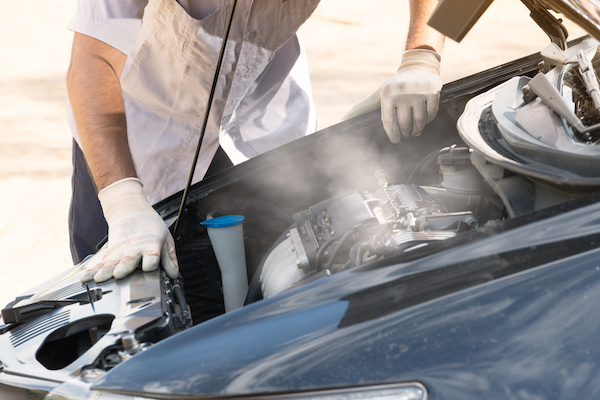
Modern vehicles have high-tech computer-controlled cooling systems with multiple heat sensors and electric fans. These systems are made to keep the engine running in any weather conditions. However, the cooling system may fail to perform properly at times, resulting in overheating. An overheated engine may not only cause the vehicle to be grounded, but it may also cause irreversible damage if the appropriate steps are not taken. Causes of Overheating Engine The engine cooling system of a vehicle is more than capable of cooling the engine. However, the engine may overheat if there are issues with the engine's components or cooling system. These are among the most common reasons for engine overheating. 1. Low Coolant or No Coolant The main function of coolant is to cool the engine. So, if the vehicle is low on coolant, the engine will overheat. Keep in mind that the vehicle has a sealed cooling system, so if you're continuously adding coolant, find out where it's going ... read more
Posted on 5/26/2022
.jpeg)
Getting your car ready for summer fun and noticing sluggish startup, slow acceleration, or poor fuel economy? These are all potential signs that your spark plugs are bad or failing. Spark plugs are a relatively easy fix and can help keep your car on the road longer. Keep reading to learn about how to mitigate the symptoms of bad or failing spark plugs. How Often Should You Change Your Spark Plugs? Maintaining the spark plugs on your vehicle is one of the easiest and least expensive forms of car maintenance. Changing or replacing your spark plugs according to vehicle or manufacturer recommendations is one of the best ways to keep your vehicle running in optimal condition. Most US vehicle manufacturers recommend changing the spark plugs in your vehicle after driving between 30,000 and 50,000 miles. Driving your car without changing the spark plugs according to manufacturer recommendations can cause longer term damage to engine components and fuel systems that result in having to put y ... read more
Posted on 4/28/2022

With inflation on the rise, you may be thinking of ways to save money or cut costs. Using your car for long work commutes or frequent smaller trips can really make an impact on your wallet. You might be interested to know that you can save yourself a few dollars and increase your gas mileage with these 5 tips on fuel efficiency. Maintain Your Tires One of the most simple ways to increase fuel efficiency, by up to 8 cents per gallon, is to make sure your tires are at the correct inflation. Improperly inflated tires reduce your gas mileage but also cause tire damage, further costing you in the long-term in more frequent replacements. Use a High-Quality Motor Oil For Your Car You can save up to 5 cents per gallon by checking your vehicle manufacturer and using the thinnest-viscosity of motor oil to suit. If a professional auto repairer is servicing your vehicle, they will know which oil is recommended. Empty the Trunk You may not think that having your trunk full makes any differenc ... read more